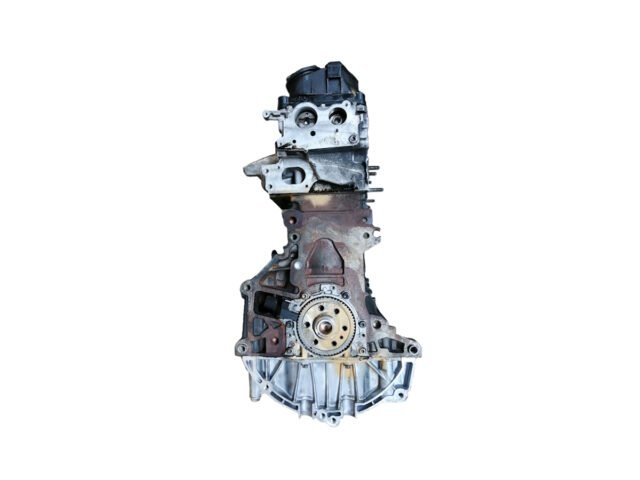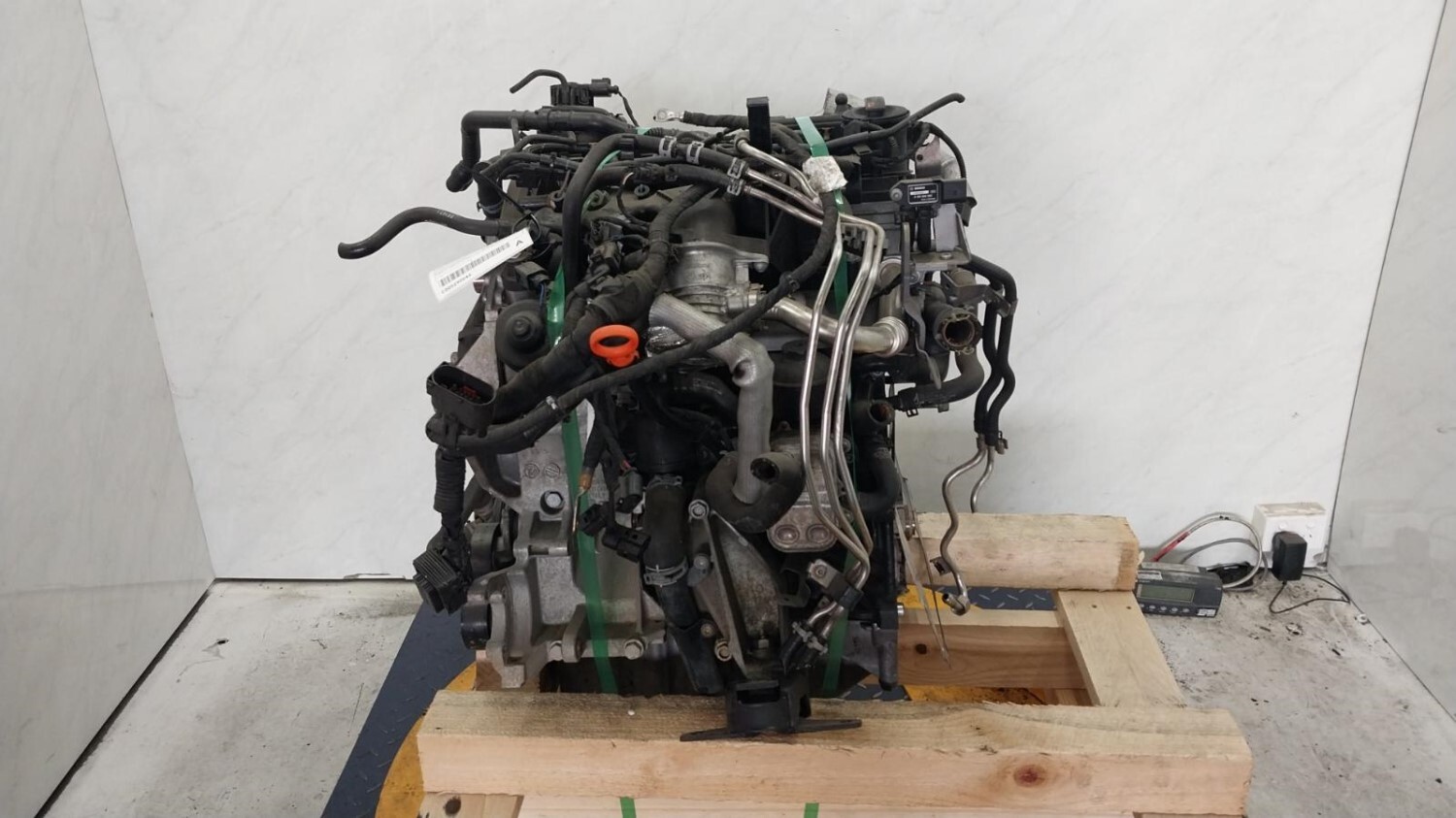Get the Best Value Amarok Engine for Sale-- Extraordinary Engines at Competitive Costs
Vital Considerations and Tips for Selecting the Right Engine for Your Requirements
Picking the best engine is a complex decision that calls for cautious factor to consider of various aspects to make sure optimum efficiency for your particular demands - amarok engine for sale. Recognizing your intended application is vital, as the needs of industrial, commercial, or recreational use will dramatically affect your choice. Additionally, assessing crucial requirements such as torque, horsepower, and fuel performance, along with upkeep requirements and budget constraints, will direct you towards a lasting financial investment. The complexities of engine choice prolong beyond these fundamentals, triggering a more detailed examination of essential elements that can ultimately influence your satisfaction and success.
Determine Your Function
Determining your objective is a crucial initial step in picking the best engine for your needs. Recognizing the particular application you have in mind will certainly lead your decision-making procedure and make certain that you choose an engine that straightens with your functional demands. Whether you require an engine for a commercial car, industrial equipment, or a leisure project, each scenario needs various performance features and capabilities.
Think about the environment in which the engine will run. Will it undergo hefty tons, severe temperature levels, or prolonged usage? Assessing these elements will certainly aid you recognize the essential power output, gas efficiency, and longevity needed to meet your goals.
Additionally, think of the lasting implications of your choice. Budget constraints, maintenance requirements, and availability of parts are necessary factors to consider that will certainly affect your general contentment and functional performance.
Inevitably, expressing your function will streamline the choice process and empower you to make an informed choice. By plainly specifying your goals, you can assess potential engines more efficiently and choose one that not only fulfills your existing requirements however also supports your future objectives.
Evaluate Engine Requirements
When you have clearly expressed your objective, the following step is to evaluate engine requirements. This procedure includes a complete evaluation of different technical details that can significantly influence performance and viability for your planned use.
Begin by assessing the engine's horse power and torque ratings. Horsepower is crucial for establishing the engine's capability to carry out job, while torque is vital for understanding just how well it can manage heavy lots or acceleration. Additionally, think about the engine displacement, as it commonly correlates with power result and efficiency.
Following, analyze the engine typeâEUR" whether it is a fuel, diesel, or alternate gas engineâEUR" as each type has distinctive qualities and applications. Focus on the engine's arrangement (e.g., inline, V-type), as this can affect dimension, weight, and total performance.
An additional important facet is the engine's cooling system, which can influence dependability and maintenance requirements. Evaluate the maker's reputation and guarantee offerings, as these can give understandings into long-term efficiency and assistance. Thoroughly assessing these specs will certainly aid ensure that you select an engine that lines up with your certain demands go to this website and operational objectives.
Think About Gas Performance
Fuel effectiveness is a critical element to think about when choosing an engine, as it directly affects operational expenses and environmental sustainability. An engine's fuel performance is generally measured in miles per gallon (MPG) for cars or in particular fuel usage (SFC) for aircraft and marine engines. Higher fuel efficiency not only minimizes the amount of fuel consumed however likewise lessens greenhouse gas discharges, making it an accountable option for eco-conscious consumers.
When examining engine alternatives, it is important to evaluate the driving conditions and planned usage. Engines enhanced for highway driving may exhibit far better gas performance contrasted to those created for stop-and-go web traffic. Furthermore, consider the engine's technology, such as turbocharging or crossbreed systems, which can dramatically boost gas efficiency.

Assess Maintenance Requirements

Beginning by evaluating the supplier's recommended upkeep periods and procedures. Some engines might call for more constant oil changes, filter substitutes, or specialized servicing, which can impact your operational downtime. In addition, consider the accessibility of components and the ease of acquiring them. Engines with prevalent appeal typically have bulks availability, decreasing lead times throughout repair services.
One more essential aspect is the technical experience required for maintenance. Some engines may require customized training for technicians, which could limit your options for provider. Moreover, analyze whether the engine's layout enables easy access to elements commonly requiring maintenance, as this can significantly impact labor expenses.
Budget Your Investment
Understanding upkeep needs is simply one aspect of selecting the right engine; economic considerations play a similarly essential role (amarok engine for sale). Developing a clear budget plan is important, as it influences not only the first acquisition price but additionally lasting functional prices
When budgeting, consider both the ahead of time expenses and ongoing expenses such as gas effectiveness, maintenance, and possible repair services. A relatively budget-friendly engine might incur higher expenses over time as a result of bad fuel economic situation or regular upkeep requirements. Additionally, review the accessibility and cost of extra parts, along with the warranties supplied by producers, which can provide monetary defense against unforeseen costs.
It is also smart to element in possible financing alternatives or leasing plans, which can reduce prompt financial problems. Balance your desire for innovative features with your budget plan restrictions, ensuring that you invest in an engine that fulfills your efficiency needs without jeopardizing economic stability.
Ultimately, a well-rounded budget plan will certainly empower you to make educated choices, aligning your engine selection with both your monetary abilities and functional needs, resulting in an extra sustainable investment in the future.

Verdict
In conclusion, picking the ideal engine demands continue reading this a thorough understanding of specific needs and applications. Mindful examination of engine specs, fuel efficiency, and upkeep needs is important for notified decision-making.
Fuel efficiency is a vital element to consider when picking an engine, as it directly impacts functional expenses and environmental sustainability. An engine's gas effectiveness is generally measured in miles per gallon (MPG) for lorries or in certain fuel consumption (SFC) for airplane and marine engines. Diesel engines usually supply better gas effectiveness than gasoline engines. Inevitably, selecting an engine with a solid focus on gas efficiency can lead to significant long-lasting savings and add positively to ecological efforts. Cautious evaluation of engine requirements, fuel effectiveness, and maintenance demands is vital for educated decision-making.